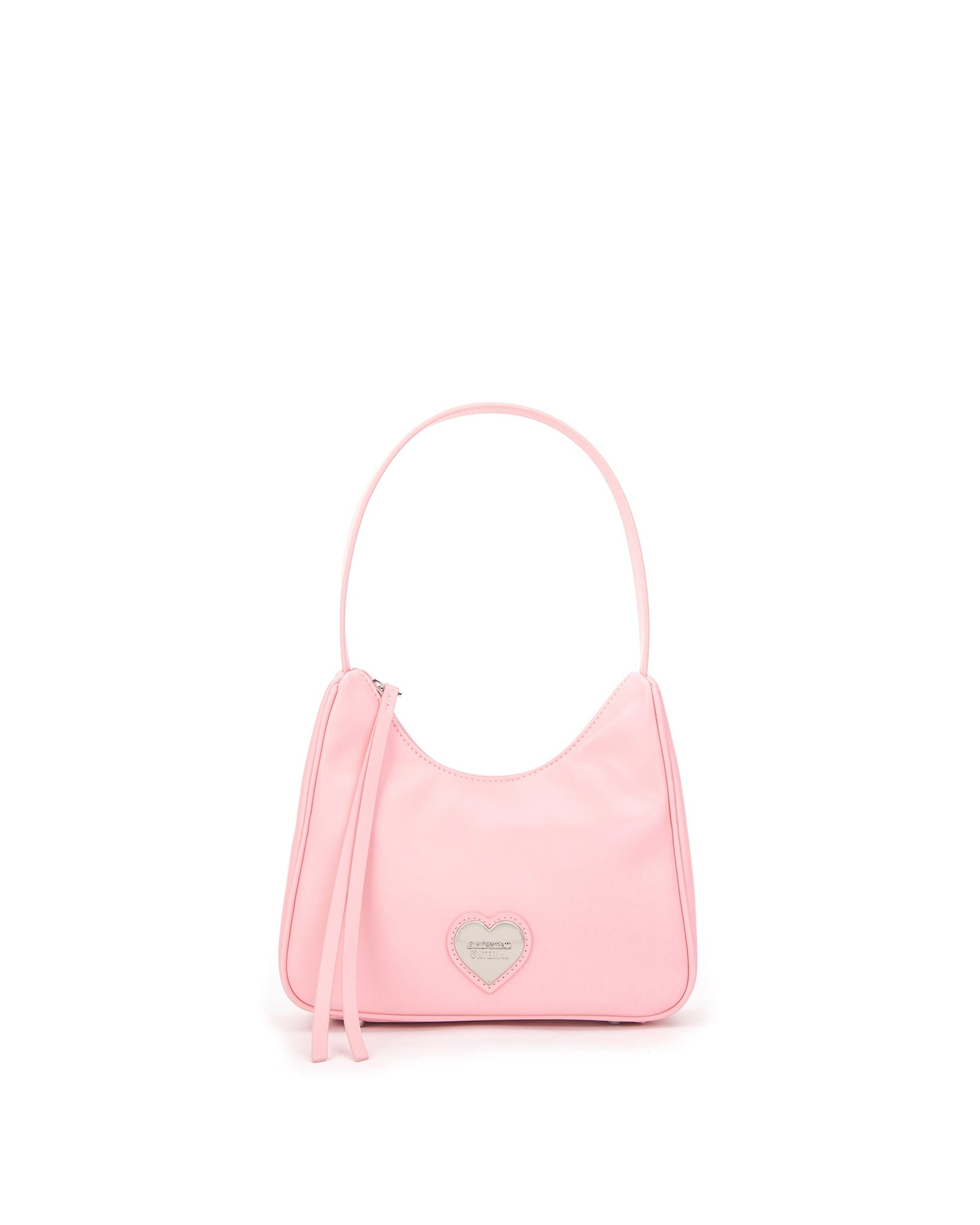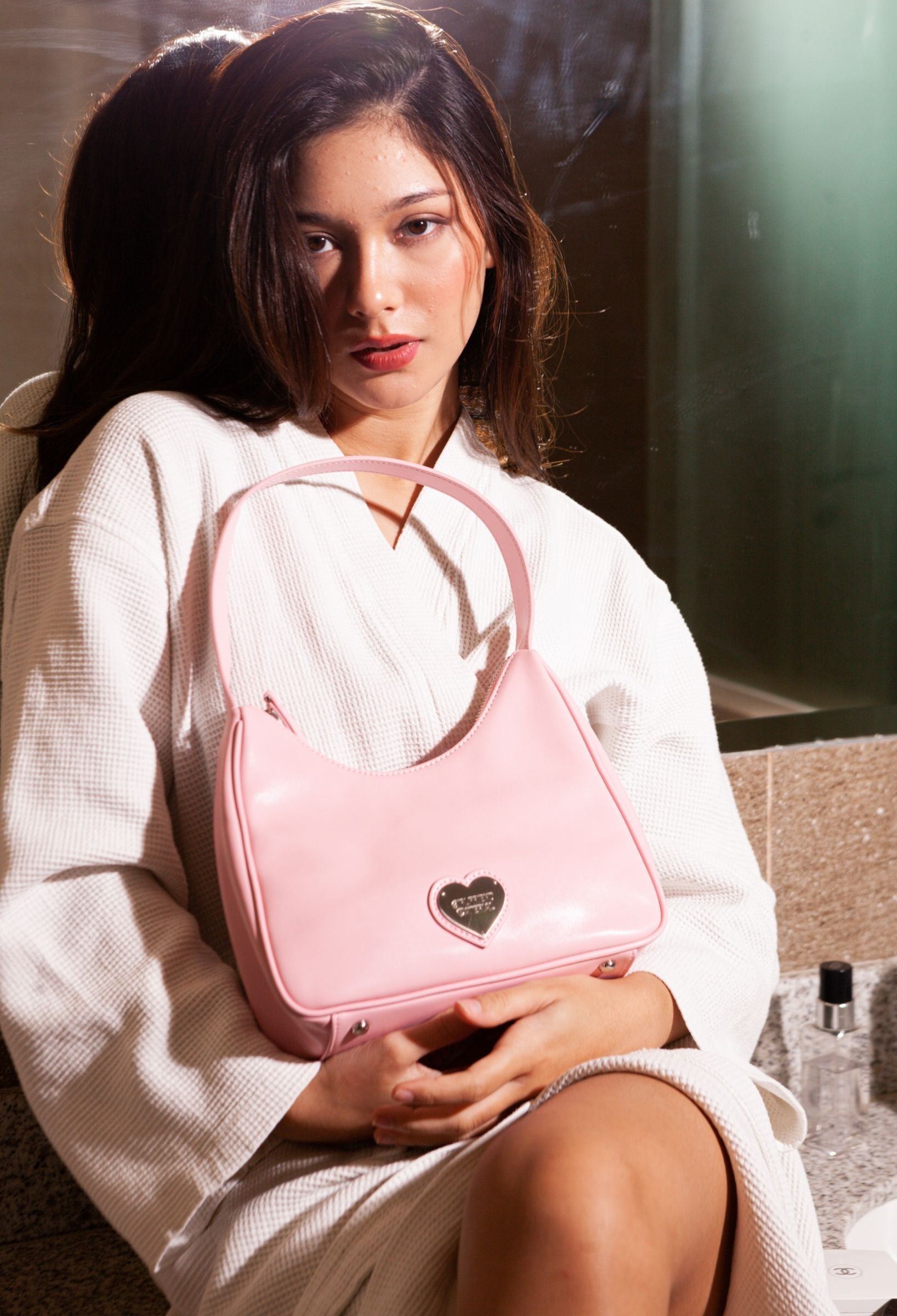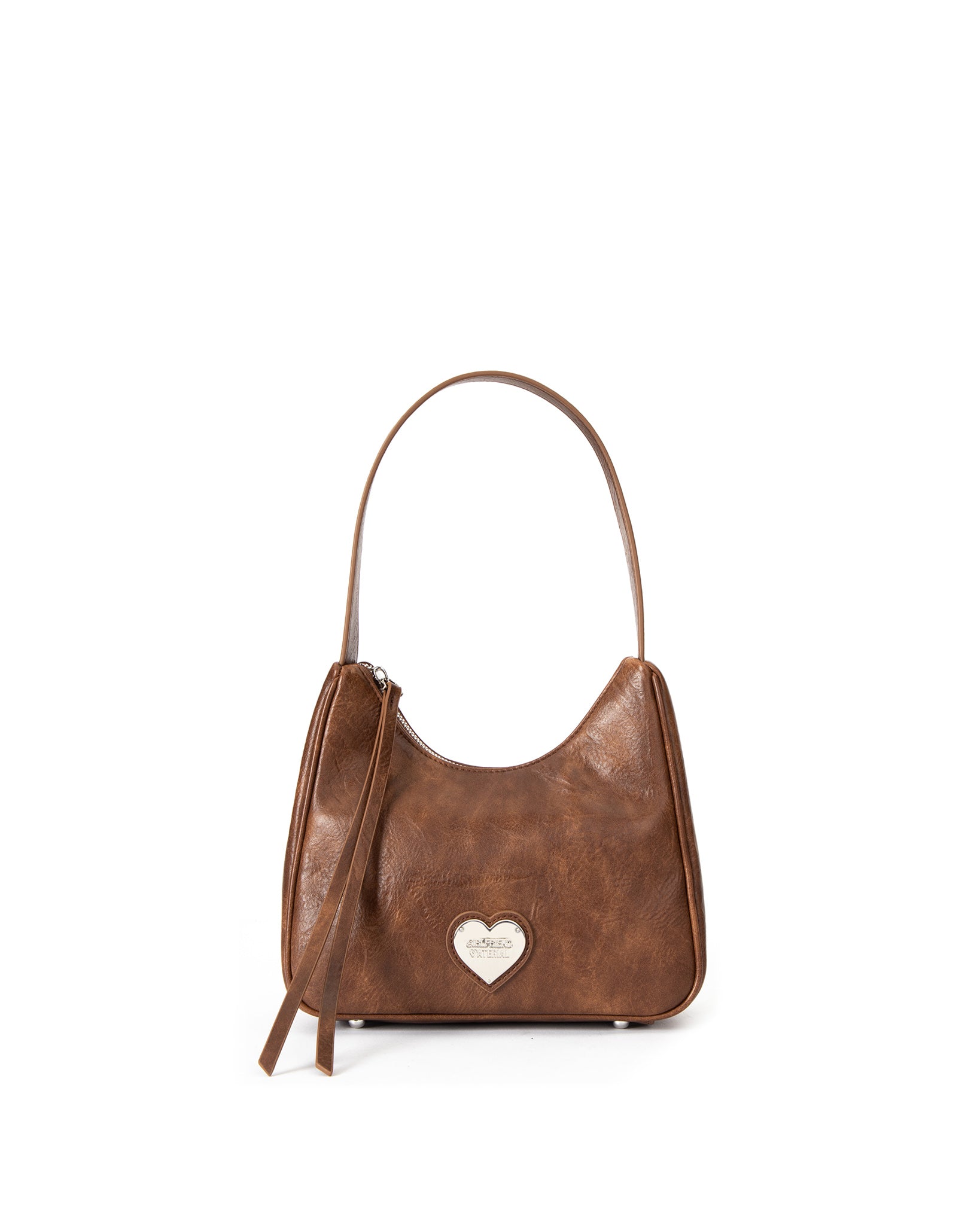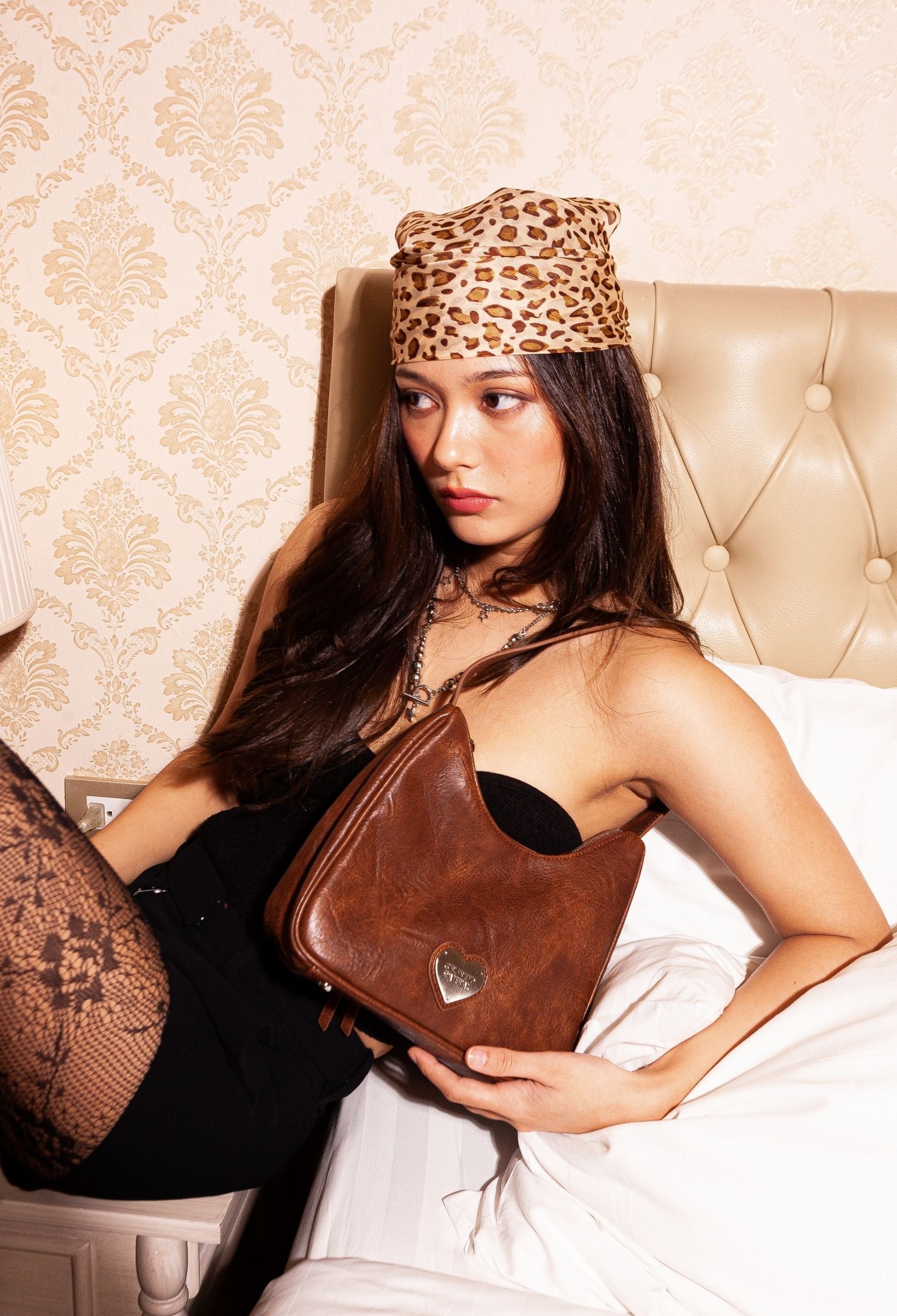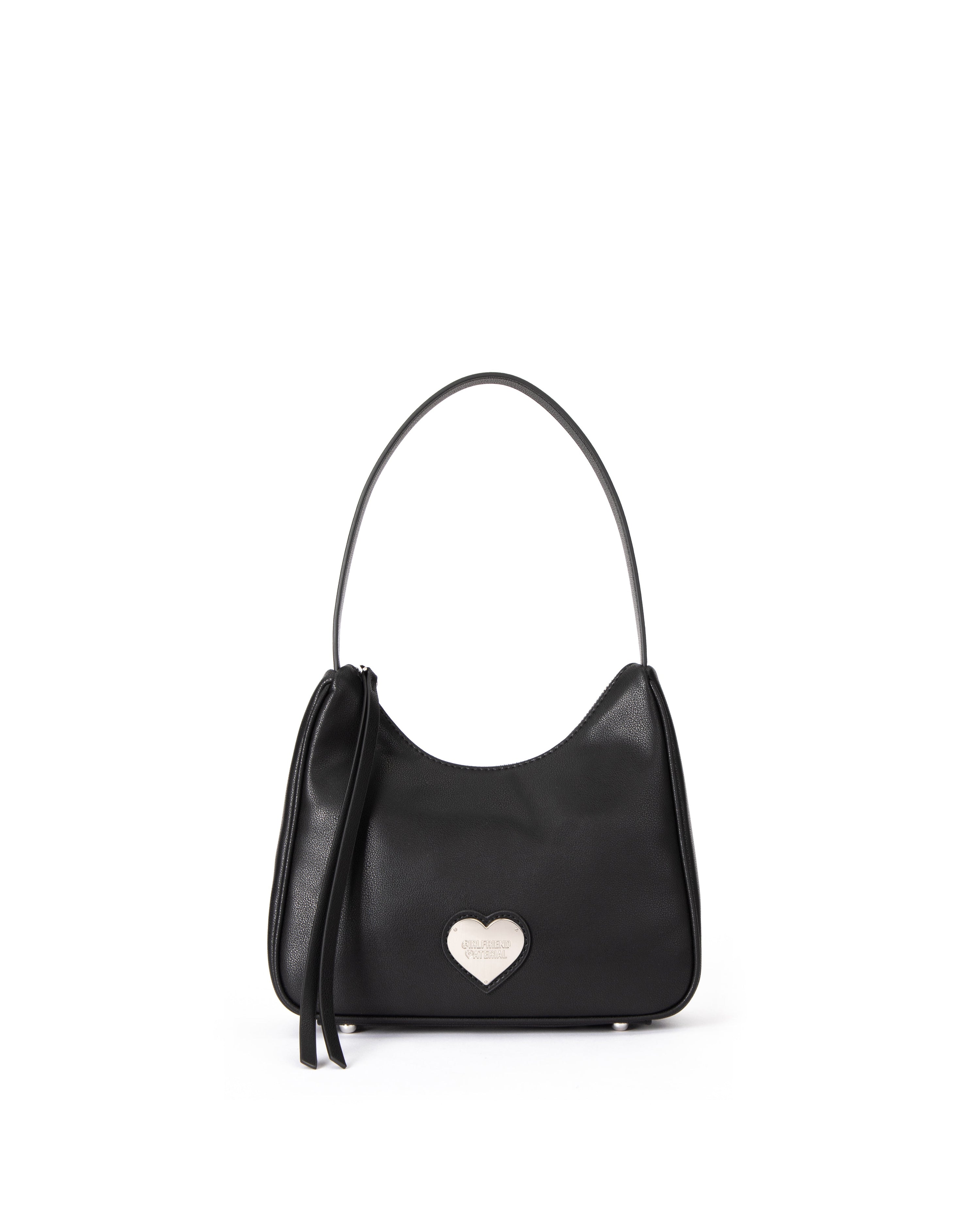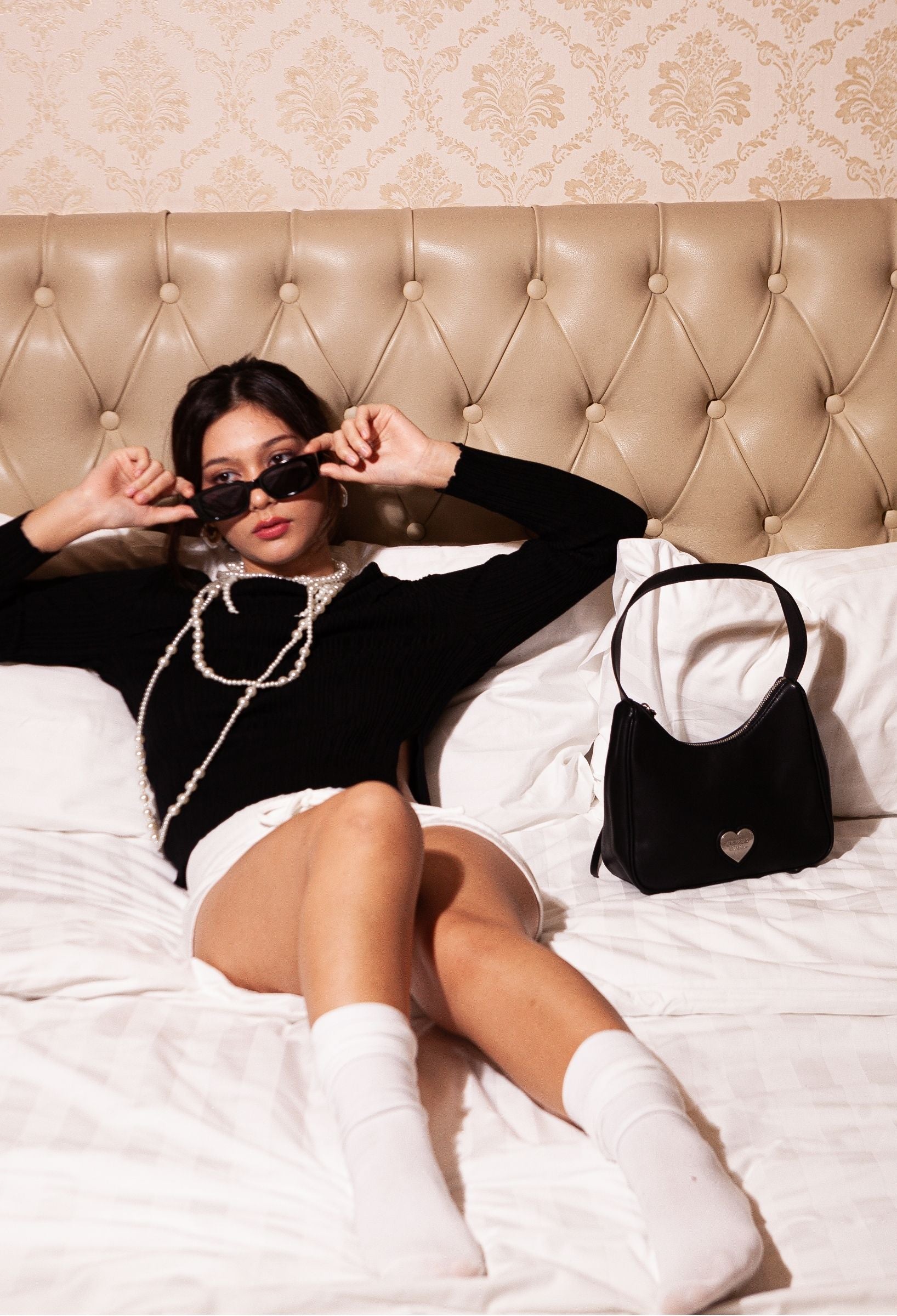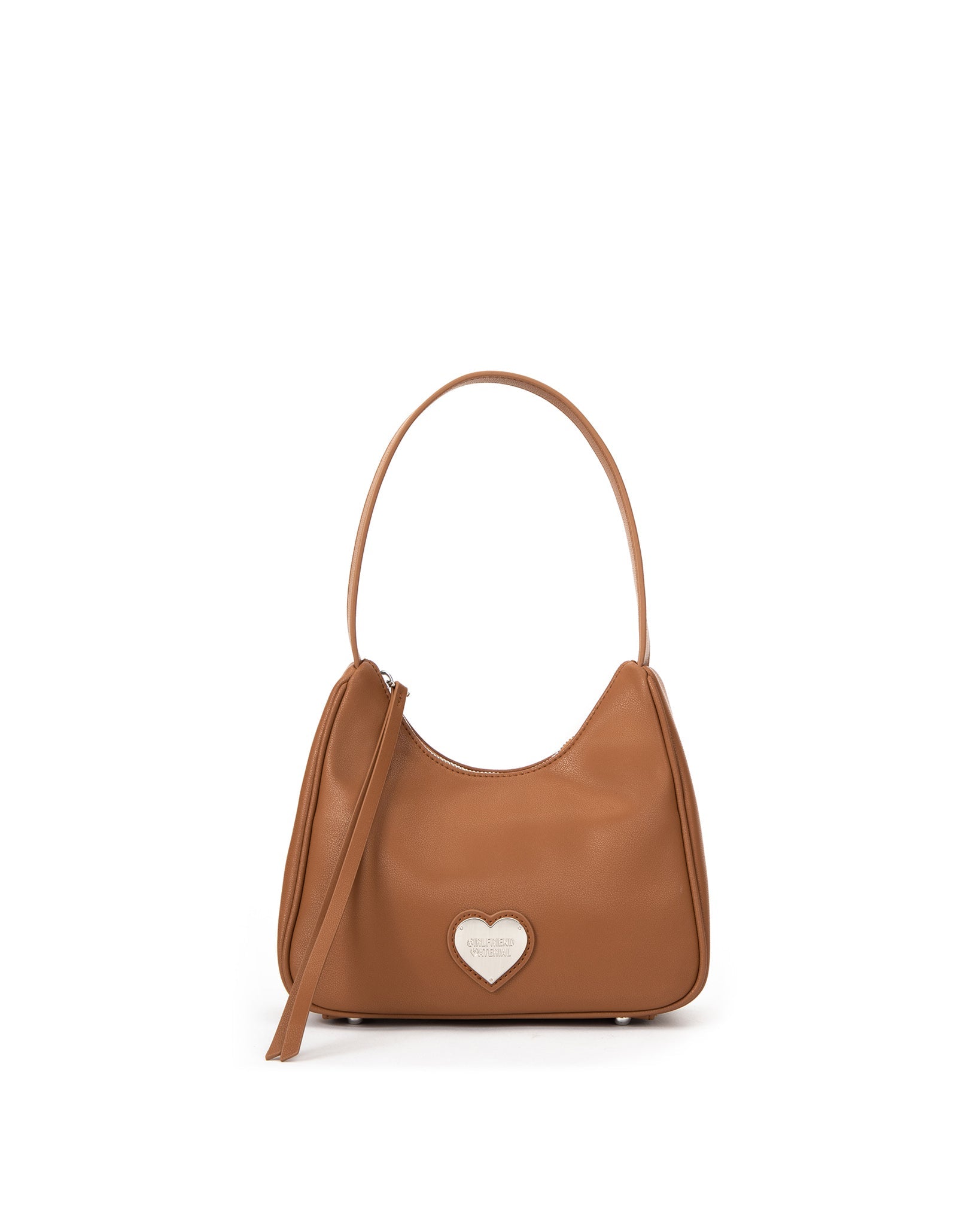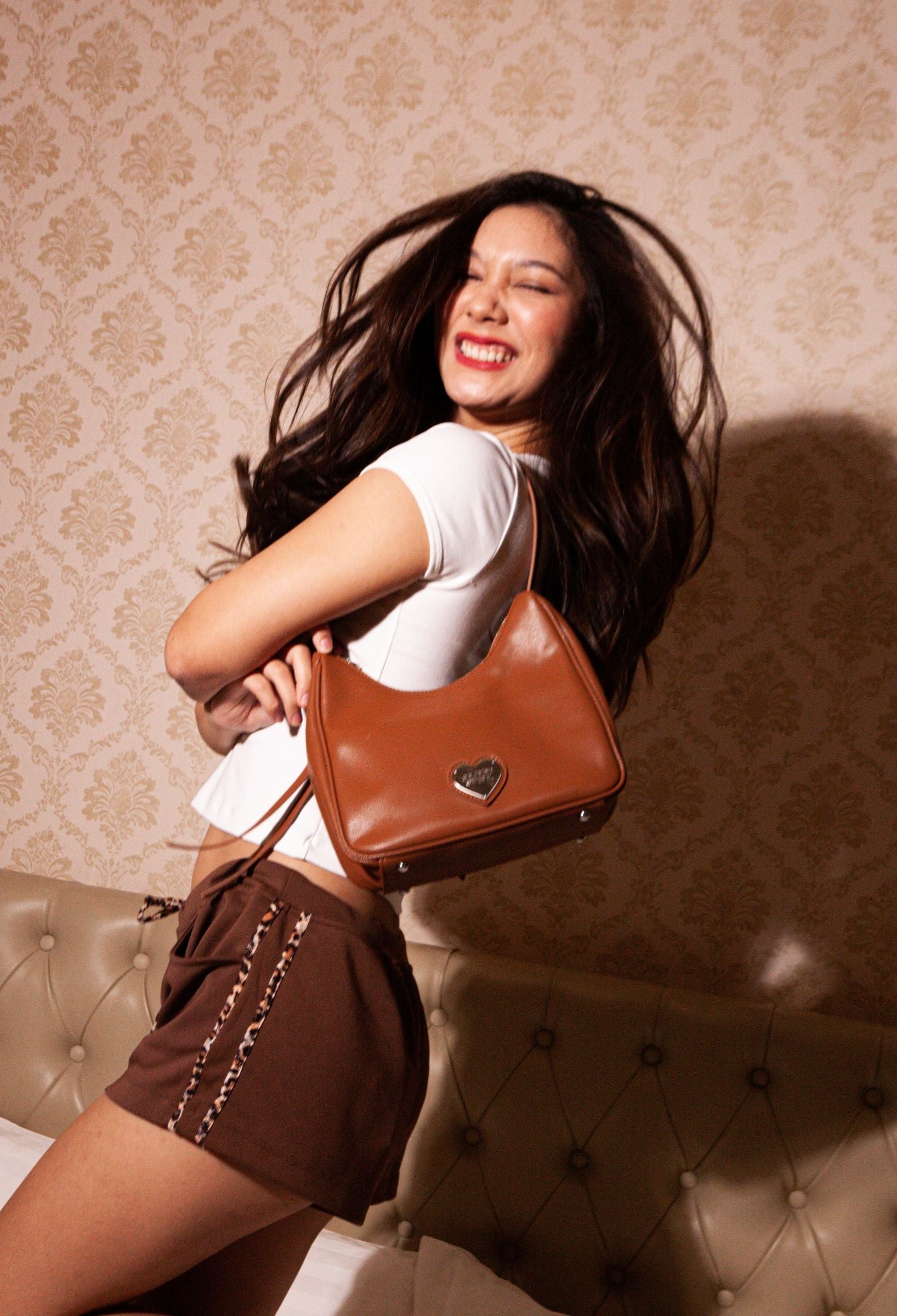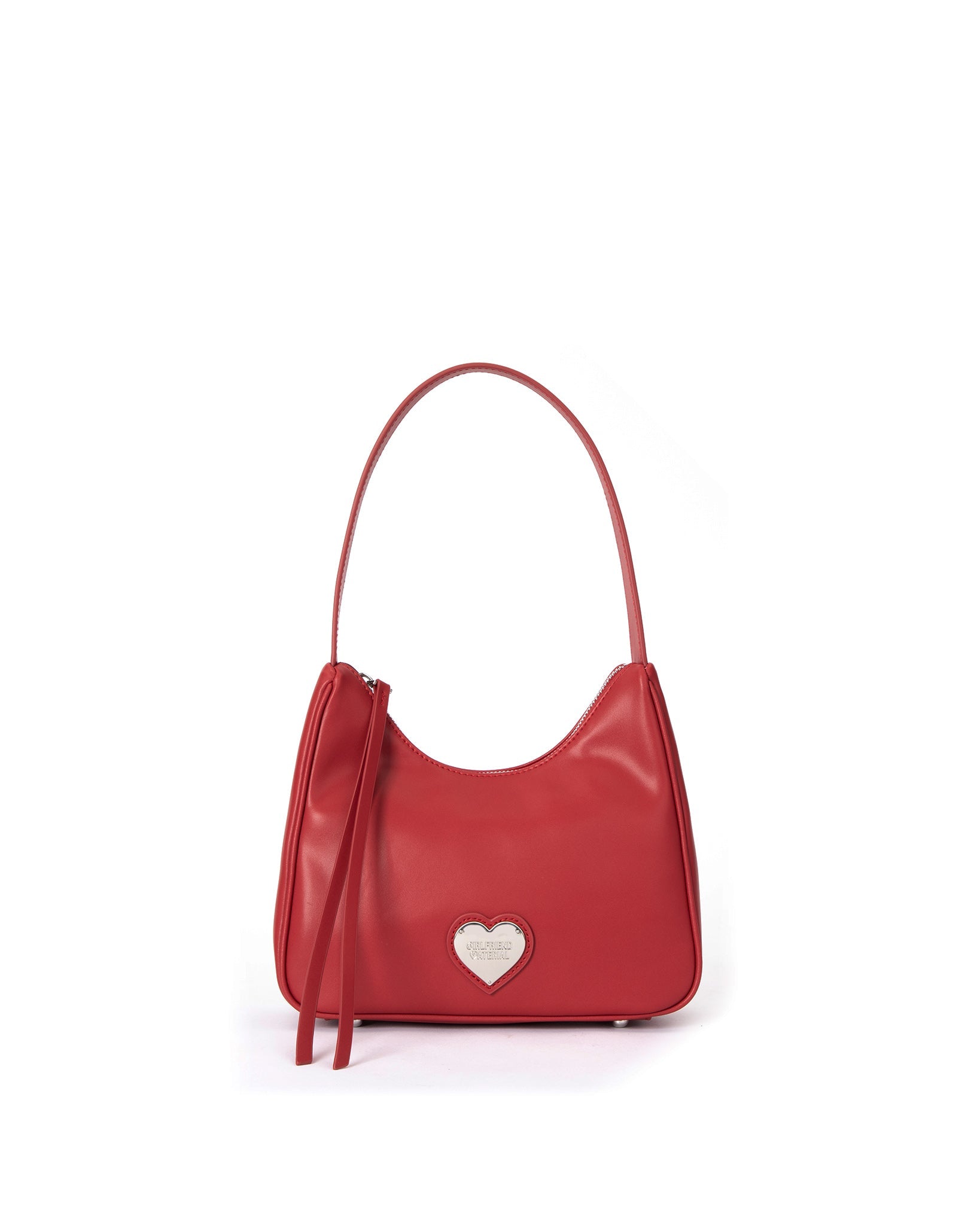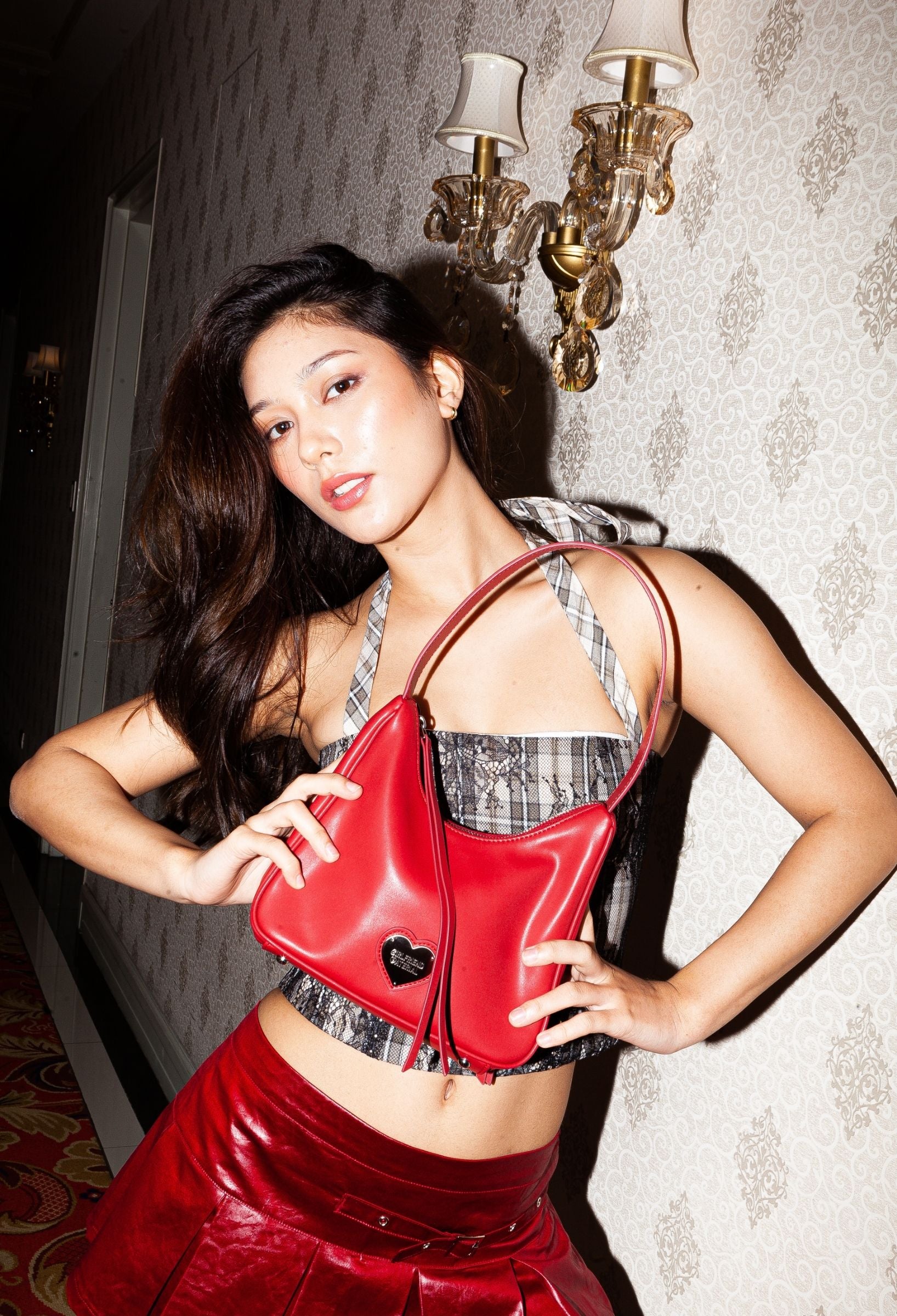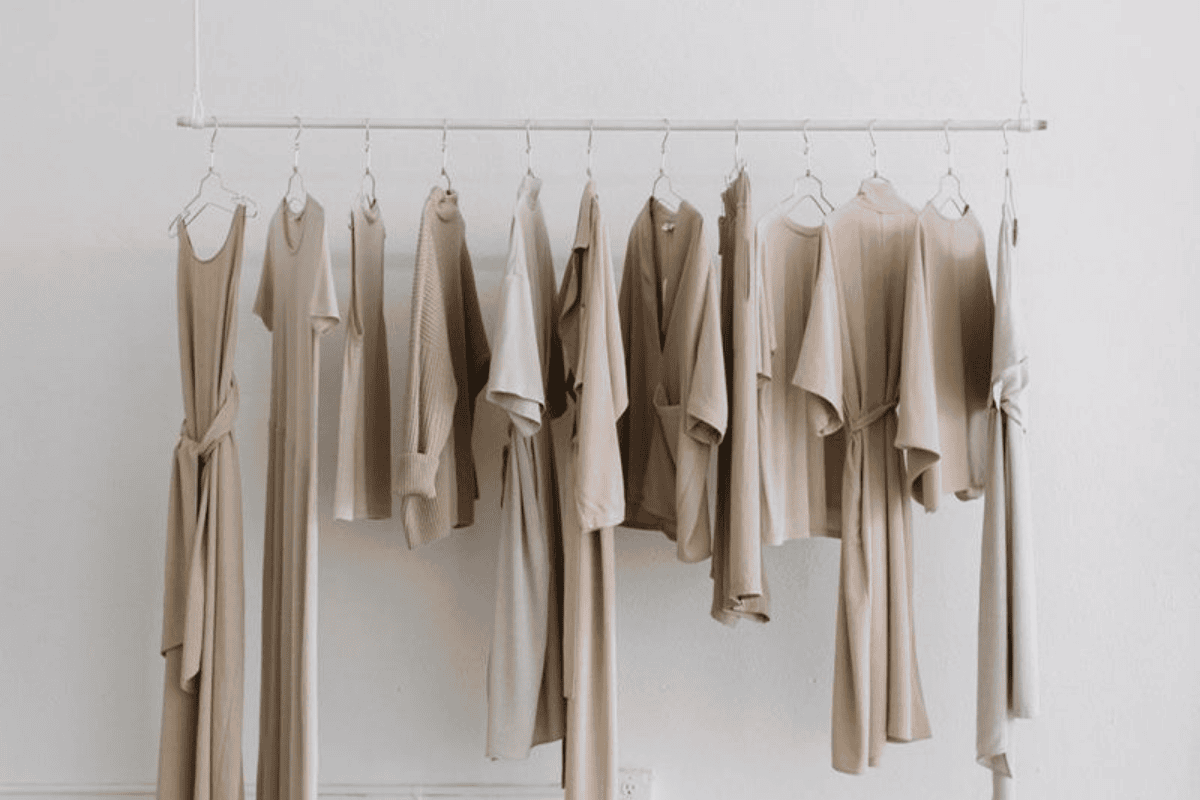
Is Minimalism Overrated?
Before you come at me in the comments… hear me out.
Minimalism blew up not just as a design choice, but as a lifestyle. White walls, beige couches, capsule wardrobes filled with neutrals—an aesthetic fueled by Pinterest boards, TikTok “clean girl” edits, and that desperate craving for calmness in a chaotic world.
And sure, I get it. When everything around us feels overwhelming, stripping it all down to the bare essentials sounds like relief. It promises clarity. Order. A sense of control.
But here’s the thing—does living in a sterile box and wearing the same oatmeal-toned sweater on repeat really equal fulfillment?
The Problem with Neutrals on Neutrals
Consumerism is definitely toxic. We all know buying endless “newness” won’t magically solve the void. But here’s the flip side: minimalism, when taken to extremes, doesn’t exactly set you free either.
Stripping away possessions and personality in the name of “aesthetic” can feel more like self-erasure than self-expression. If your wardrobe looks like a stack of manila folders, are you really honoring your individuality—or just playing it safe?
I’m not saying neutrals are bad. Neutrals can be chic, effortless, timeless. But fashion is supposed to reflect you. Your quirks, your inspirations, your moods. The songs you play on repeat, the characters you obsessed over, the weird textures that make you feel alive.
Minimalism erases those little details. And sometimes, those details are the magic.
The Case For Minimalism
Now, let’s be fair. There are perks to minimalism. It can encourage intentional living—buying fewer things that actually last, curating your wardrobe with care, investing in pieces you’ll actually wear instead of trend-chasing. From a sustainability angle, that’s a win.
But consumption itself isn’t the villain here. The real danger is unconscious consumption—buying to fill a void, to keep up with algorithms, to feel relevant. If you approach consumption with thought and moderation, it doesn’t have to clash with individuality. In fact, it can amplify it.
So Why Do We Conform?
Here’s the uncomfortable question: are you drawn to minimalism because it resonates with who you are—or because you’re afraid to take up space?
Because let’s be real—it’s easier to hide behind beige than to risk color, texture, or something experimental that might raise eyebrows. It’s safer to blend in with the “quiet luxury” crowd than to stand out as someone with actual quirks.
But rebellion doesn’t always mean neon pants and chaos layering. Sometimes rebellion just means honoring your true taste—even if it’s messy, bold, or gasp not palatable to everyone else.
Minimalism doesn’t have to be overrated. But when it becomes a uniform that silences personality, it stops being a style and starts being a cage.
So ask yourself this: are you repeating—or rebelling?
